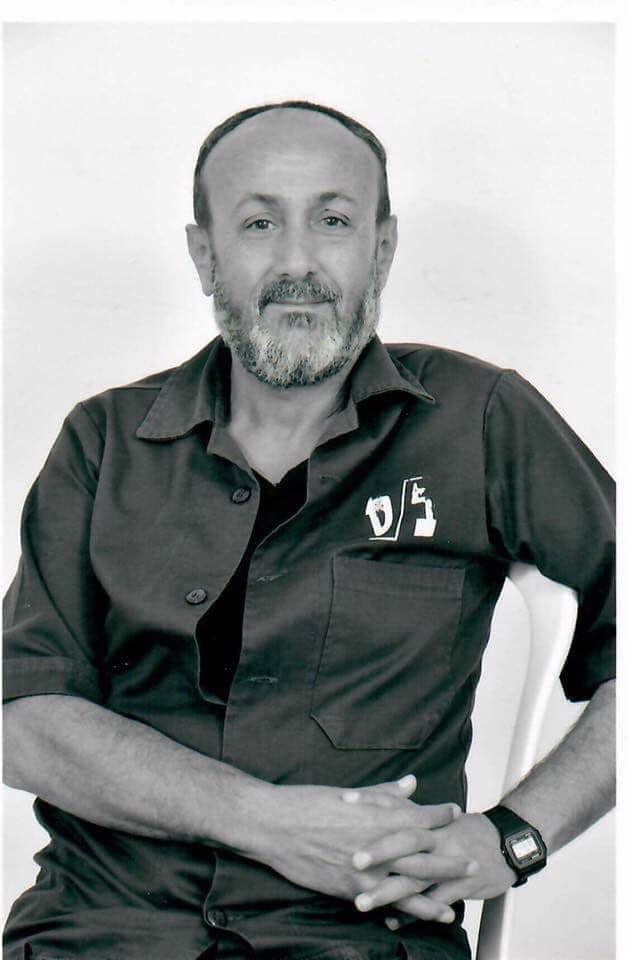#976: Just So Long As There's Something in the Glass
Just about everyone is familiar with the old saw that goes “The optimist sees the glass as being half full; the pessimist sees the glass as being half empty.” Years ago, I decided that there was actually a third option. This axiom states “As long as there’s something in the glass, there’s always the possibility of hope” I believe this is especially true in the world of politics. How so? Well, if one is overly pessimistic about the outcome of, say, an election or an issue, there is the likelihood that they will sit on their hands and let reality take its nasty course. Then too, frequently an optimist will sit back and await the good news . . . which may never come. The one who finds a ray of hope in what others may find to be either utterly hopeless or a lead-pipe cinch, is more likely to roll up their sleeves and take part in turning hope into reality.
Depending on where you live in these United States, there are just as many prospects for optimism as pessimism. As an example, a staunch Democrat has every reason to feel optimistic if they vote in, say, California, New York or Rhode Island, and every reason to feel pessimistic - if not downright hopeless - if they reside and vote in, say, Alabama, Oklahoma or a majority of Florida. Let’s face it: would take as much of a miracle for Republicans to control the legislature in California or Hawaii as it would for Democrats to rule in Texas or Missouri. Being a progressive Democrat in Florida, I am grateful that we live in the only liberal part of the state; at least those we vote for are likely to be be elected . . . even if they will be part of a tiny minority up in Tallahassee. When it comes to my part of the state, I am an optimist; when it comes to the legislature I am a pessimist; when it comes to capturing the governor’s mansion, I am hopeful. Thank G-d for their being something in the glass.
Every once in a while optimists get their electoral comeuppance because the hopeful have created a miracle. Without question, the presidential election of 1948, which pitted the incumbent Harry S. (“Give ‘em Hell Harry”) Truman (D) against New York Governor Thomas E. Dewey (whom Alice Longworth Roosevelt stuck with the moniker "The Little Man on the Wedding Cake”). Pundits and pollsters alike "knew” that Dewey would win in a landslide. So much so that nearly every newspaper in America carried the same frontpage headline on November 2: DEWEY DEFEATS TRUMAN! As things turned out, those who believed the glass half full lost not to those who saw the glass as half empty, but rather to those - the hopeful - who made sure their fellows went to the polls and voted for the man from Independence. And they saw things, there was something in the glass.
Depending on which side of the aisle you occupy these days, there’s plenty of room or reason for optimism or pessimism. MAGA-ites from Florida to Washington State along with their allies in the various state legislatures as well as the Clown Car Caucus on Capitol Hill, see the political glass overflowing. They firmly believe that G-d’s savior will once again occupy the White House (even if they have to steal the election); that abortion for any reason will be outlawed at the national level; that America will "return” to being a nation of, by and for White Christians; and that LGBT+ people pay the price for defiling G-d’s word and will. Meanwhile, optimists see the tide turning. They believe that finally - finally - Donald Trump will be hit with the two things he most hates and fears: losing his fortune (and thus his name) and forever being identified in the history books as America’s “most notorious grifter and biggest loser.” I believe it will be left to the hopefuls - those who find both strength and motivation in there being something in the glass - of doing whatever is in their power to right the wrongs of the lethal optimists whose world-view could signal the death of democracy. In short, I am hopeful that together, we can turn back the tide of “Trumptastrophe.”
There is far more pessimism than optimism - and just plain fear - emendating from the latest and bloodiest conflict in the Middle East. That which began with a bloody attack on the part of Hamas on October 7 of last year, has metathesized throughout the region and threatens to spread still further. Iranian-backed Houthis in Yemen firing missiles and drones at vessels in the Red Sea (which in turn led British and American warplanes to hit missile systems and launchers and other targets); Hezbollah launching missile attacks from Lebanon into Northern Israel; Israel decimating Gaza, killing tens of thousands of civilians while trying to destroy Hamas; a vexing and dangerous increase in anti-Semitism all over Europe as well as on Ivy League campuses here in the United States . . . the glass keeps draining.
Where it would be both easy and completely understandable to see the glass as being far more than half empty, I am contenting myself with seeing something in the glass. In other words, there just may be a few hopeful signs on the horizon:
After a mostly successful round of talks in Paris last week, negotiations, aimed at securing a temporary cease-fire and the release of some hostages, will continue between an Israeli delegation and mediators from the U.S., Qatar and Egypt. It was announced earlier today (2/25/2024) that an Israeli delegation is expected to arrive in Qatar as soon as tomorrow for intensive talks with mediators aimed at closing the gaps around a new deal for a temporary cease-fire with Hamas and the release of some hostages held in Gaza - this according to an Israeli official familiar with the negotiations.
In last week’s discussions in Paris, Israel’s delegation agreed to a basic outline for a deal that would involve a six-week truce and the exchange of about 40 hostages captive in the enclave for Palestinian prisoners held by Israel, The numbers of hostages and prisoners will likely change over the course of further negotiations, the Israeli officials cautioned. Recent discussions around a potential hostage deal have focused on the release of women, elderly and wounded captives.
For the first time, Israeli politicians and political influencers are beginning to imagine out loud what a next step could look like in Gaza. Prime Minister Bibi Netanyahu's newly released plan for Gaza's future lacks much innovation, but it could fit into the outline formulated by the international community. The important question is when will Israel withdraw from the Gaza Strip and allow for its rehabilitation to begin. His proposal, which calls for indefinite Israeli military control and buffer zones in the territory, rankled Arab nations and was rejected by Palestinians. This is not surprising; Bibi must dance to the tune played by his cabinet’s right flank (read: ultra-Orthodox, ultra-Nationalist) if he is to remain in power. Like his American counterpart, Donald Trump, the Israeli P.M. needs to remain in office in order to cloak himself in ministerial immunity in his ongoing corruption trials.
Influential members of the international press - including Serge Schmemann, a member of the New York Times editorial board and the former longtime Jerusalem bureau chief for “America’s Paper of Record,” has recently written about Marwan Barghouti, a long imprisoned terrorist who is considered by many to be the Palestinian’s Nelson Mandela. Unlike most Palestinian leaders, Barghouti has long accepted a two-state solution, speaks Hebrew, and learned diplomacy as a young up-and-coming assistant to Yasir Arafat. Barghouti, now in his mid 60’s, was part of Arafat’s team that helped create the Oslo Accords. During his time in the United States, he proved himself to be open and available to the press, warm and engaging.
Marwan Barghouti
The search for a Palestinian leader has become more pressing, as the attention of Israel’s allies and its Arab neighbors turns to “after Gaza,” as Israelis refer to what will follow the extraordinarily destructive and deadly war there. Negotiations involving the United States and Arab states for a way to stop the fighting are intensifying, and one crucial unresolved question is whether there is anyone not linked to Hamas or the corruption in the Palestinian Authority who could take charge in a ravaged Gaza and replace the unpopular leader in the West Bank, the 88-year-old Mahmoud Abbas.
Ami Ayalon, a highly decorated Israeli official who had served as naval commander in chief, head of the internal Shin Bet security service and cabinet member, recently referred to Barghouti as “The only leader who can lead Palestinians to a state alongside Israel. First of all because he believes in the concept of two states, and secondly because he won his legitimacy by sitting in our jails.”
Even before completing, editing, recording and posting this blog piece, I can hear the jeers and catcalls from some of my readers who love to prove how little I know about virtually anything; calling me a fool, a dupe and a naïve self-hating Jew. Fortunately, over the course of a reasonably long life, I’ve developed a pretty thick hide and a desire to feel hopeful whenever I see at least a few drops in the glass.
Copyright©2024 Kurt Franklin Stone


















